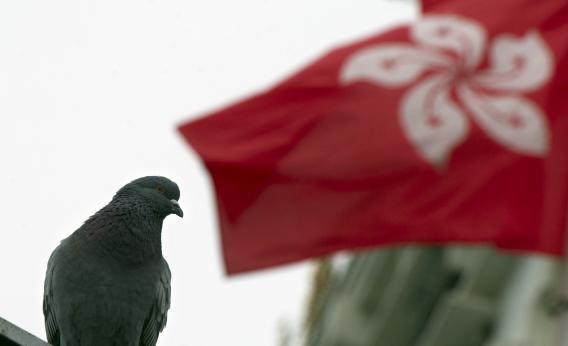Since December, a debate over whether researchers should publish controversial bird-flu studies has held the attention of the international scientific community. The United States’ National Science Advisory Board for Biosecurity, concerned that the information could be used to create a biological weapon, urged that some information from two studies be withheld from publication. The researchers, and the journals Nature and Science, agreed to a moratorium while international players could weigh the pros and cons. But in a surprise move, the World Health Organization came out last week in favor of publishing the results, albeit not immediately. According to Nature:
The studies, which created forms of H5N1 that can spread between ferrets through airborne transmission, are likely to be published in a few months. The 22 experts at the meeting, mainly flu researchers, believe that the delay is needed to explain the benefits of the work to the public, and allay concerns about its safety. Meanwhile, a 60-day moratorium on similar research will be extended until a system is put in place to review levels of biosafety and biosecurity. To that end, the WHO intends to convene international discussions among regulators and other bodies in the next few months.
The U.S. push to “develop a mechanism to disseminate the full papers to researchers and health officials on a need-to-know basis” was deemed “impractical.” However, a security-law expert from Indiana University, David Fidler, tells Nature that the “publication deadlock” still remains, however: “Most of the meeting’s participants appear to have rejected the US position … but [have] agreed to the extended moratorium and publication delay in the hope that the US government will change its mind.”
The two studies in question were carried out by scientists from the Erasmus Medical Center in Rotterdam and the University of Wisconsin. The work is controversial because for the first time, researchers were able to transmit the deadly H5N1 between mammals. So far, avian flu has occurred almost entirely in humans who came into contact with birds. However, scientists fear that it could someday mutate to be passed easily between humans—and the National Science Advisory Board for Biosecurity worries that a terrorist could use the ferret research to hasten that process, with deadly consequences.
In a rather irritated-sounding editorial today, the New Scientist argues that this discussion has distracted the international scientific community from the more realistic danger of an influenza pandemic. The time spent in this debate should instead have been focused on creating a universal flu vaccine, the science magazine says. “If half the energy that went into seeing bioterrorists behind every Petri dish was expended on overcoming these obstacles, the squabble over publishing H5N1 research would become what it should be: purely academic.”
Read more in Nature.
